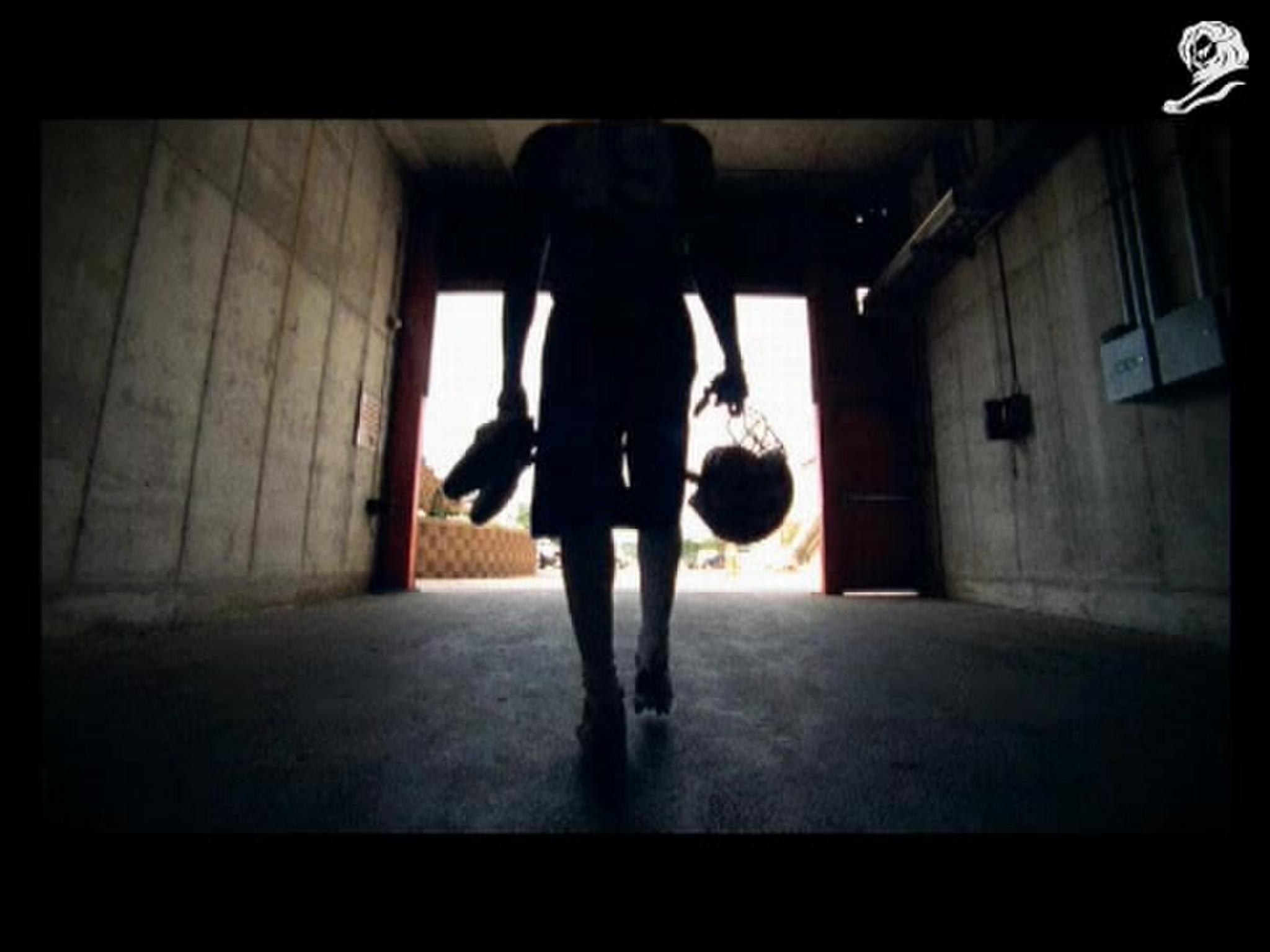Outdoor > Innovation in Outdoor
OUT OF HOME
VML, Casablanca / JOOD / 2024
Awards:
Overview
Credits
Overview
Why is this work relevant for Outdoor?
This work is highly relevant for Outdoor as it reimagines the role of outdoor advertising in a humanitarian context. Traditionally used for commercial messaging, outdoor posters in Morocco were transformed into thousand of life-saving tents within just 48 hours after the devastating earthquake struck the country.
This innovative application showcases the potential of Outdoor media to serve critical community needs, extending beyond conventional advertising. It also sets a new precedent in the utilization of Outdoor materials, highlighting their ability to contribute meaningfully and tangibly in times of crisis.
Please note that the Jurors for Dubai Lynx will be coming from outside the region and may not be aware of the specific cultural nuances of your work.
In September 2023, Morocco was struck by its most devastating earthquake in four decades, marking a tragic milestone in the nation's recent history. The High Atlas Mountains region, known for its rural, closely-knit communities and harsh cold winter conditions, was the worst affected.
In Morocco, there is a strong cultural emphasis on community and solidarity, particularly evident in times of crisis. Disaster response is a communal effort, with all available resources mobilized to aid those affected. This cultural backdrop is crucial to understanding the profound impact of repurposing outdoor advertisements into emergency shelters.
Furthermore, the concept of repurposing materials aligns with Moroccan values of resourcefulness and sustainability. The transformation of billboards into tents resonated deeply, symbolizing resilience and community support. In this context, outdoor advertising is more than a commercial tool; it's an integral part of the urban landscape and daily life.
JOOD NGO, often more active and effective than the government in aiding the homeless, plays a crucial role. The Moroccan government, while providing social services, often lacks immediacy in its response to homelessness. In contrast, JOOD is known for its agility and customized support. Understanding the complexities of homelessness in both urban and rural Morocco, JOOD responds with purposeful, innovative solutions.
Background:
In September 2023, Morocco was struck by a devastating earthquake, the worst in four decades, heavily impacting the rural High Atlas Mountains region. This disaster left an unprecedented toll of destruction, with 79,000 homes destroyed and thousands of families suddenly homeless, facing the harsh winter without shelter. The situation was critical, with the immediate need for shelter far exceeding the limited resources provided by initial relief efforts.
The brief for JOOD NGO was both urgent and challenging: devise an immediate and sustainable solution to shelter the earthquake victims. This task required innovative thinking, as traditional methods and resources were insufficient for the scale of the crisis.
The primary objective was to quickly provide safe, warm, and durable shelter to the affected families. JOOD aimed to demonstrate that even in the most dire circumstances, effective solutions could be found through creativity and resourcefulness, embodying the resilience and community spirit of Morocco.
Describe the Impact:
The initiative yielded impactful results, far beyond traditional metrics of business success:
Humanitarian Impact: The project provided shelter to over 400 families, a significant achievement in the face of such a disaster. A total of 1,219+ tents were set up, offering warmth and safety to those who had lost their homes.
Collaborative Success: The initiative saw the participation of 65+ national and international brands, reflecting a high level of corporate engagement and responsibility.
Community Response: The initiative generated a strong positive response from the local and global community. It heightened consumer awareness about the potential for businesses to contribute meaningfully in crisis situations.
Behavioral Change: The project inspired a shift in how corporations can respond to emergencies, setting a precedent for using commercial resources for humanitarian aid.
The PR value of the campaign was estimated at 1.07M dollars.
30K+ Mentions, 28M+ Impressions, 5M+ Total Reach.
Please outline the innovative elements of the work.
The initiative incorporated several innovative elements:
Resource Repurposing: The project ingeniously transformed thousands of outdoor posters into practical life-saving tents. This creative use of existing resources in a new context was unprecedented, particularly in disaster relief efforts.
Rapid Mobilization: The initiative's ability to mobilize resources and execute the plan within 48 hours of the earthquake demonstrated exceptional efficiency and responsiveness in a crisis situation.
Collaborative Approach: The collaboration between an NGO and various brands, both national and international, showcased a unique partnership model. This synergy between different sectors was key in amplifying the impact and scale of the project.
Cultural Sensitivity: Tailoring the solution to Morocco's specific needs and conditions, the campaign resonated deeply with local cultural values of community support and resilience.
Sustainability: By repurposing existing materials, the initiative highlighted a sustainable approach to crisis management, reducing waste and maximizing available resources.
More Entries from VML
24 items




